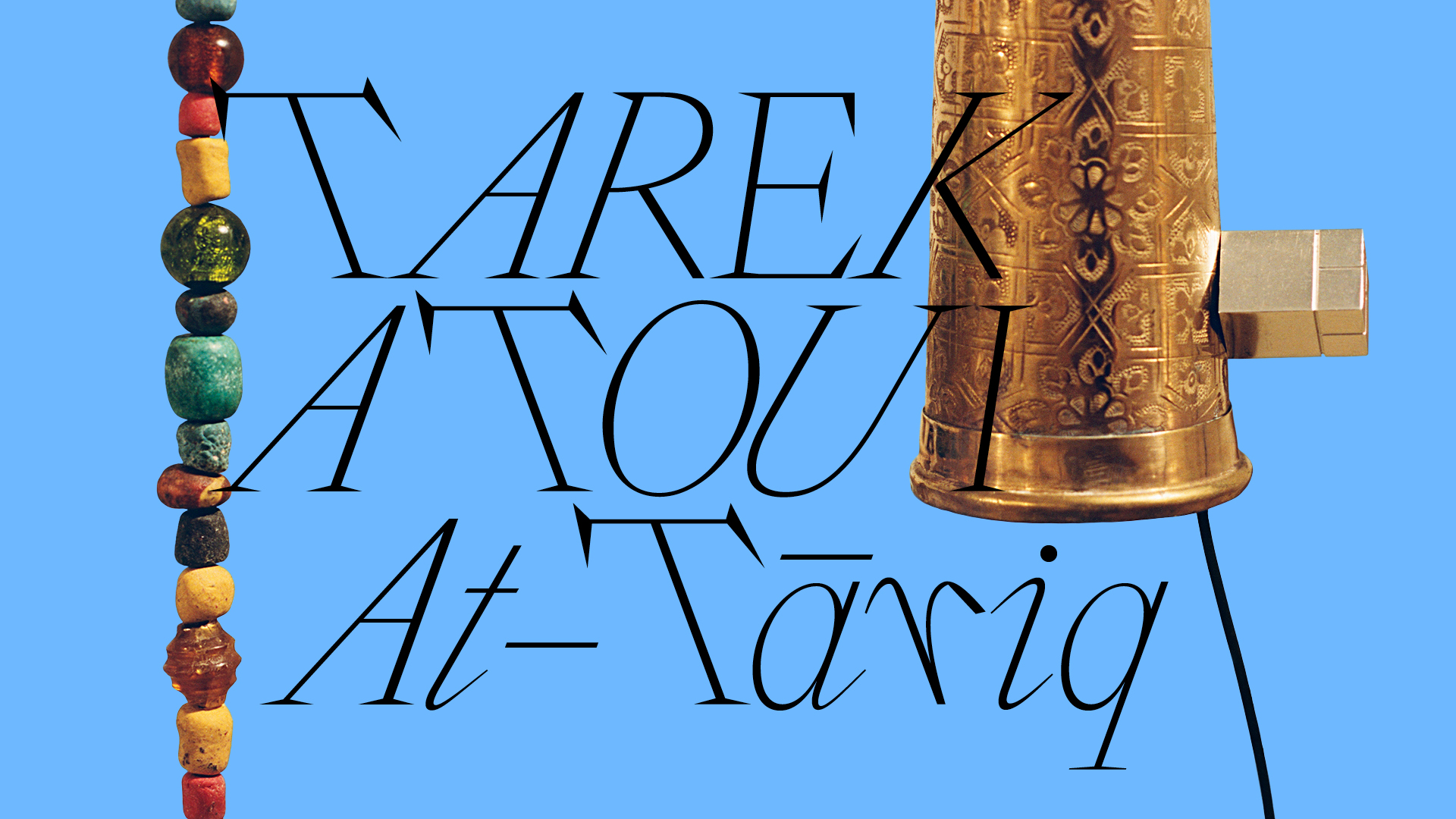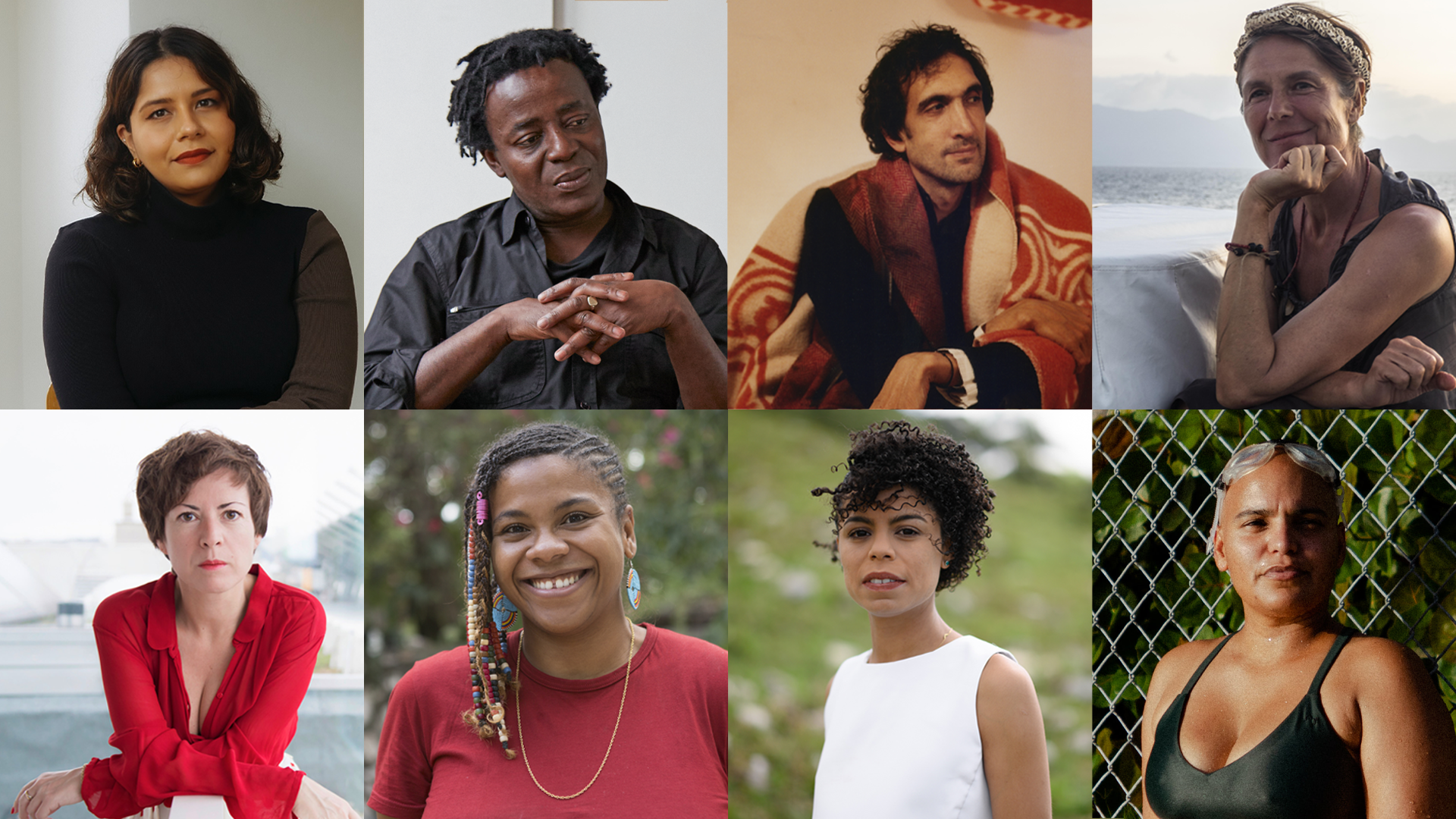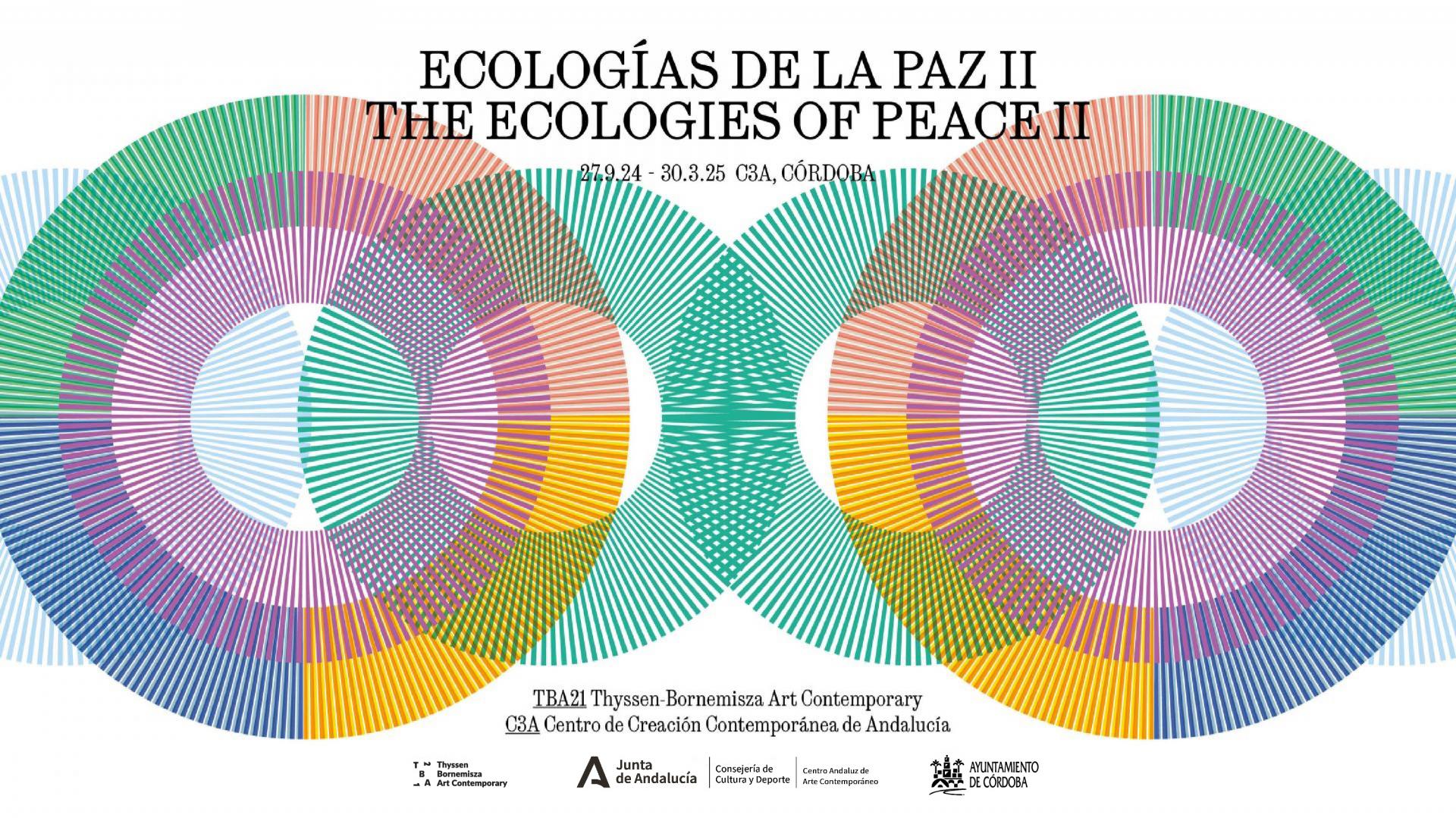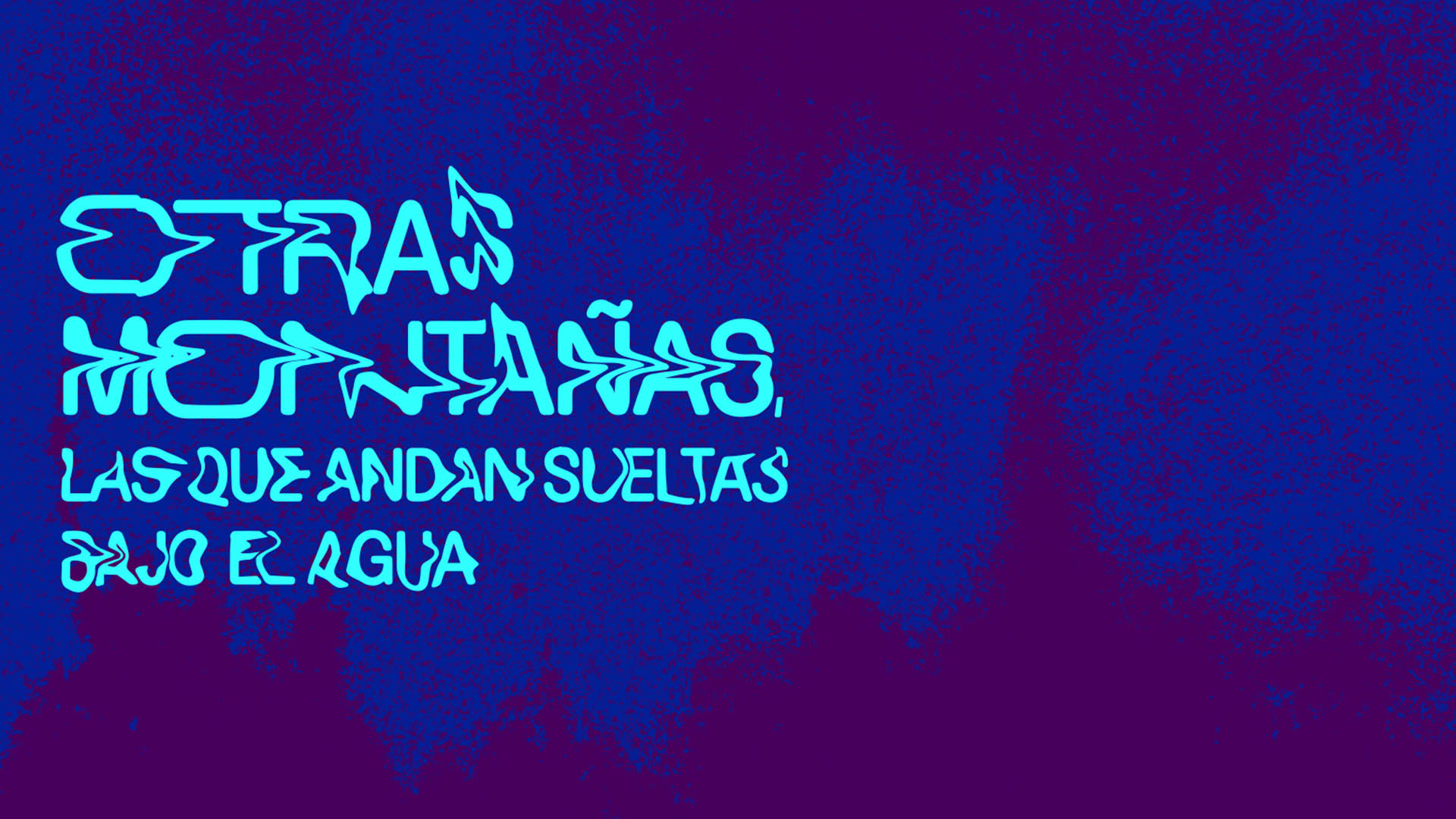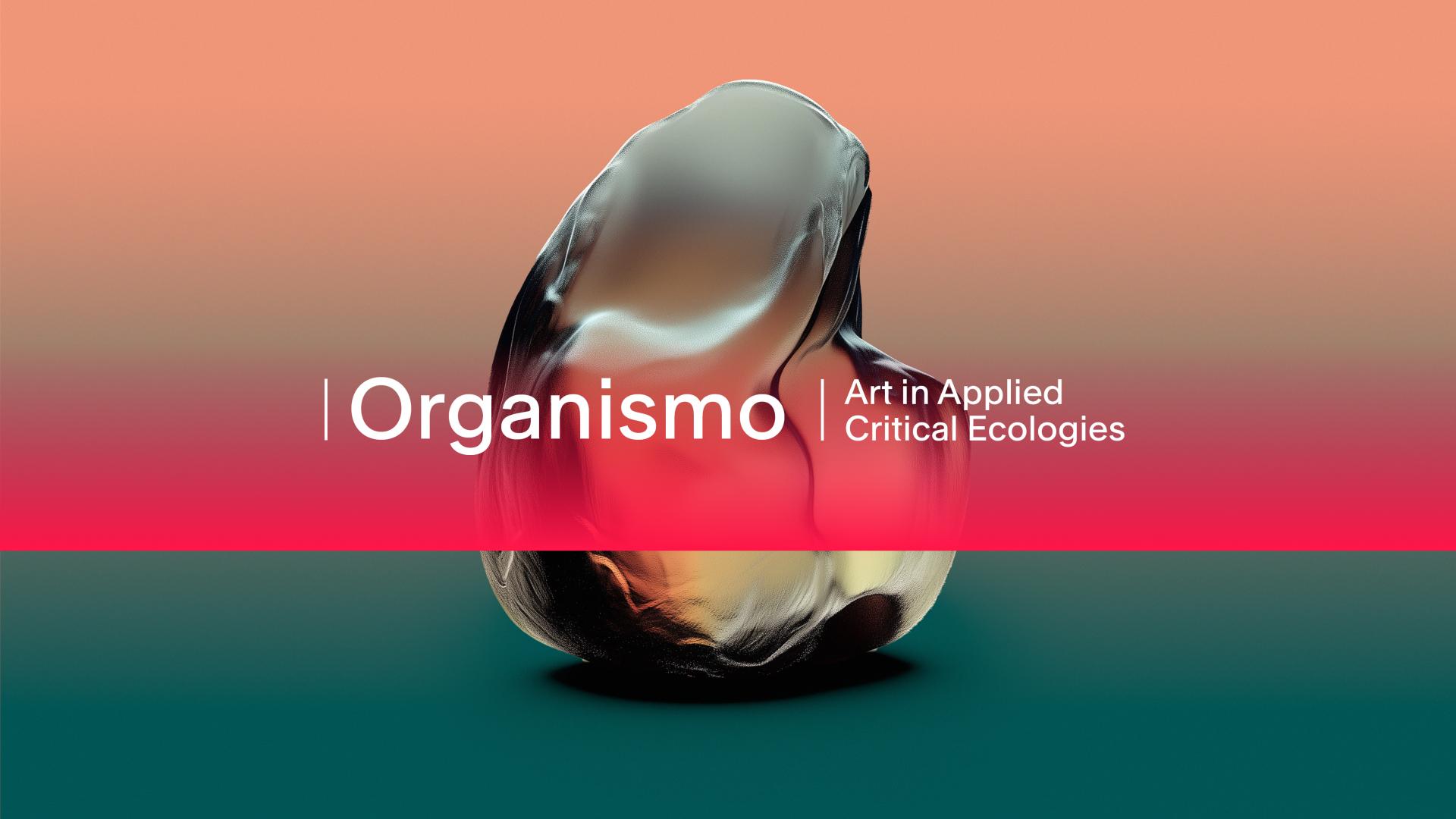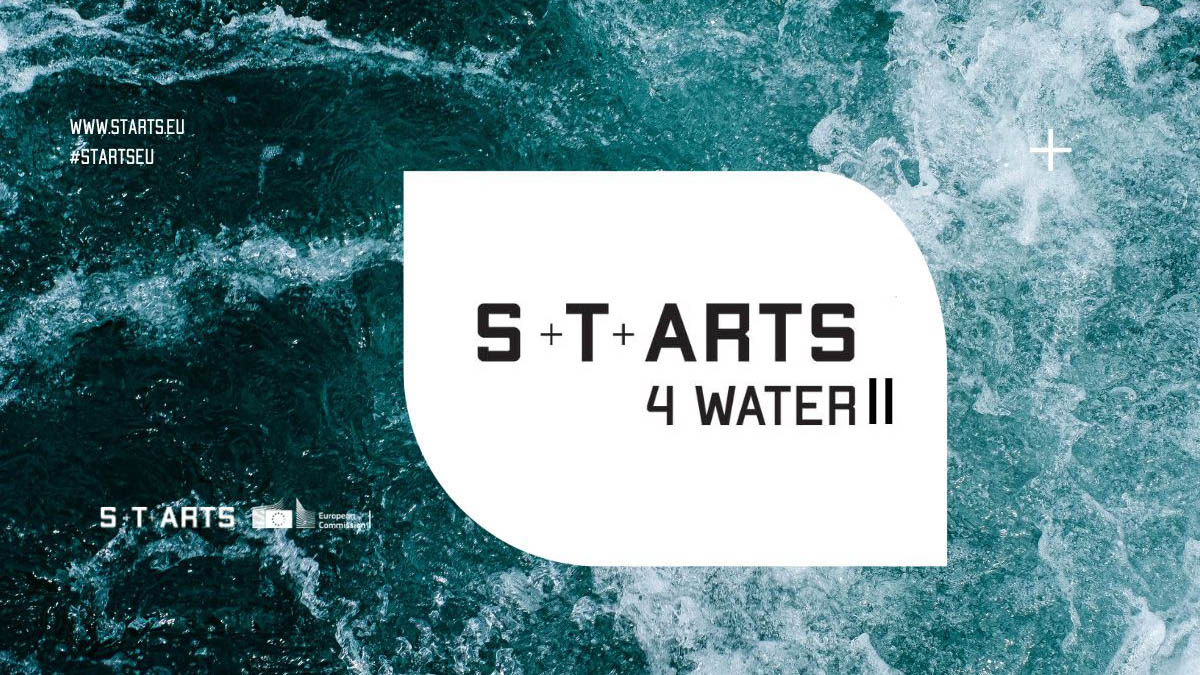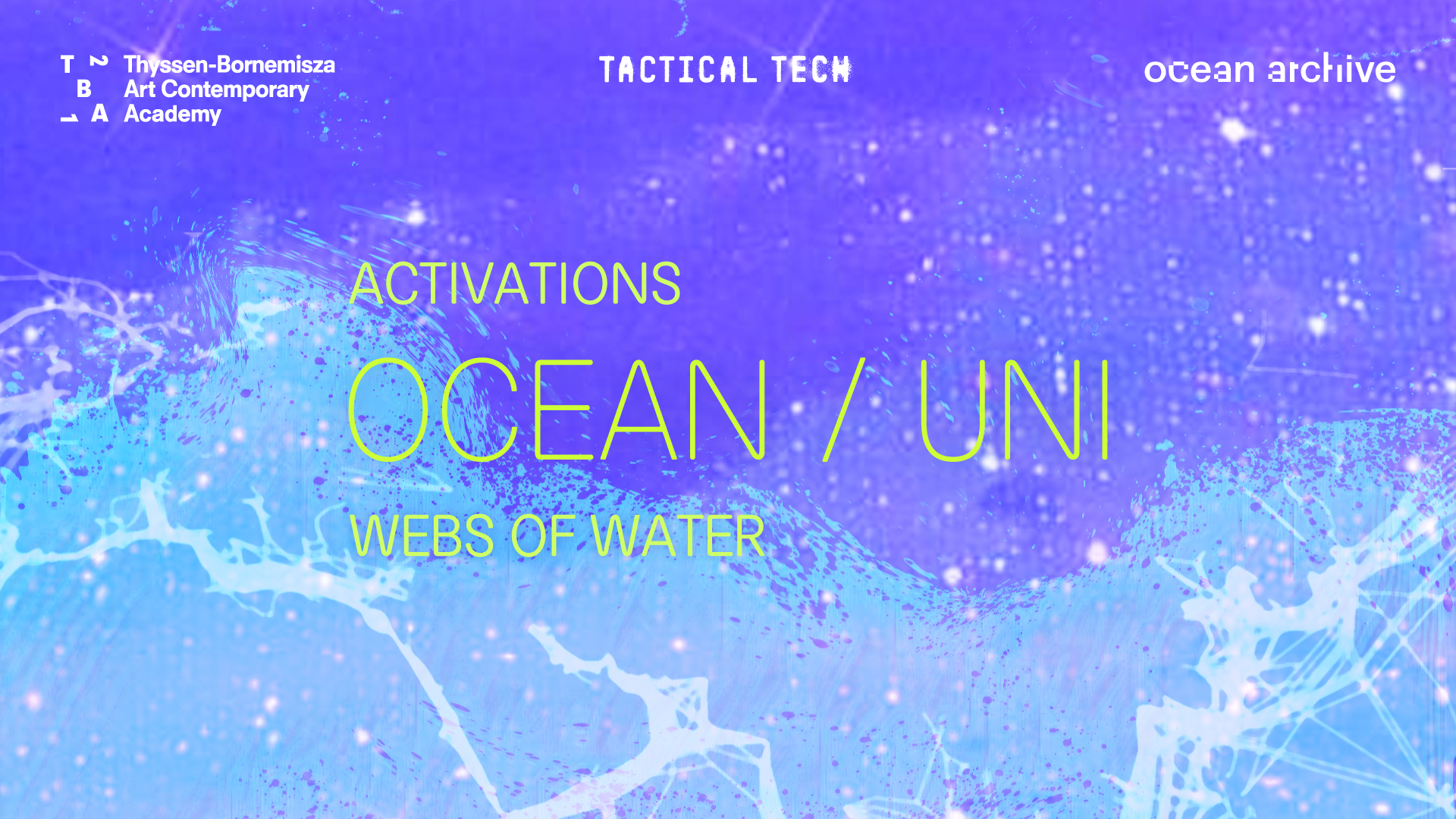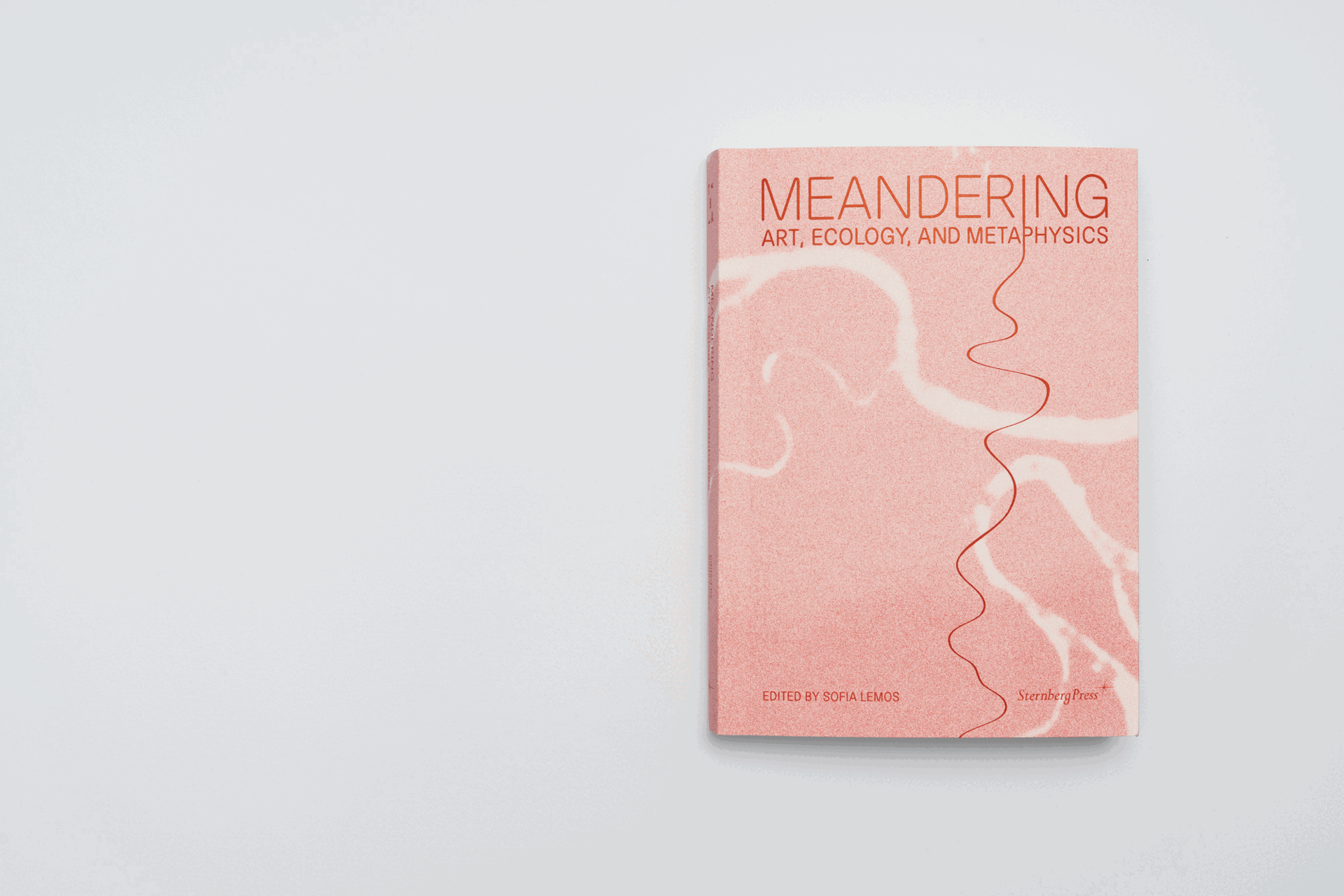Bitter things: The Kitchen
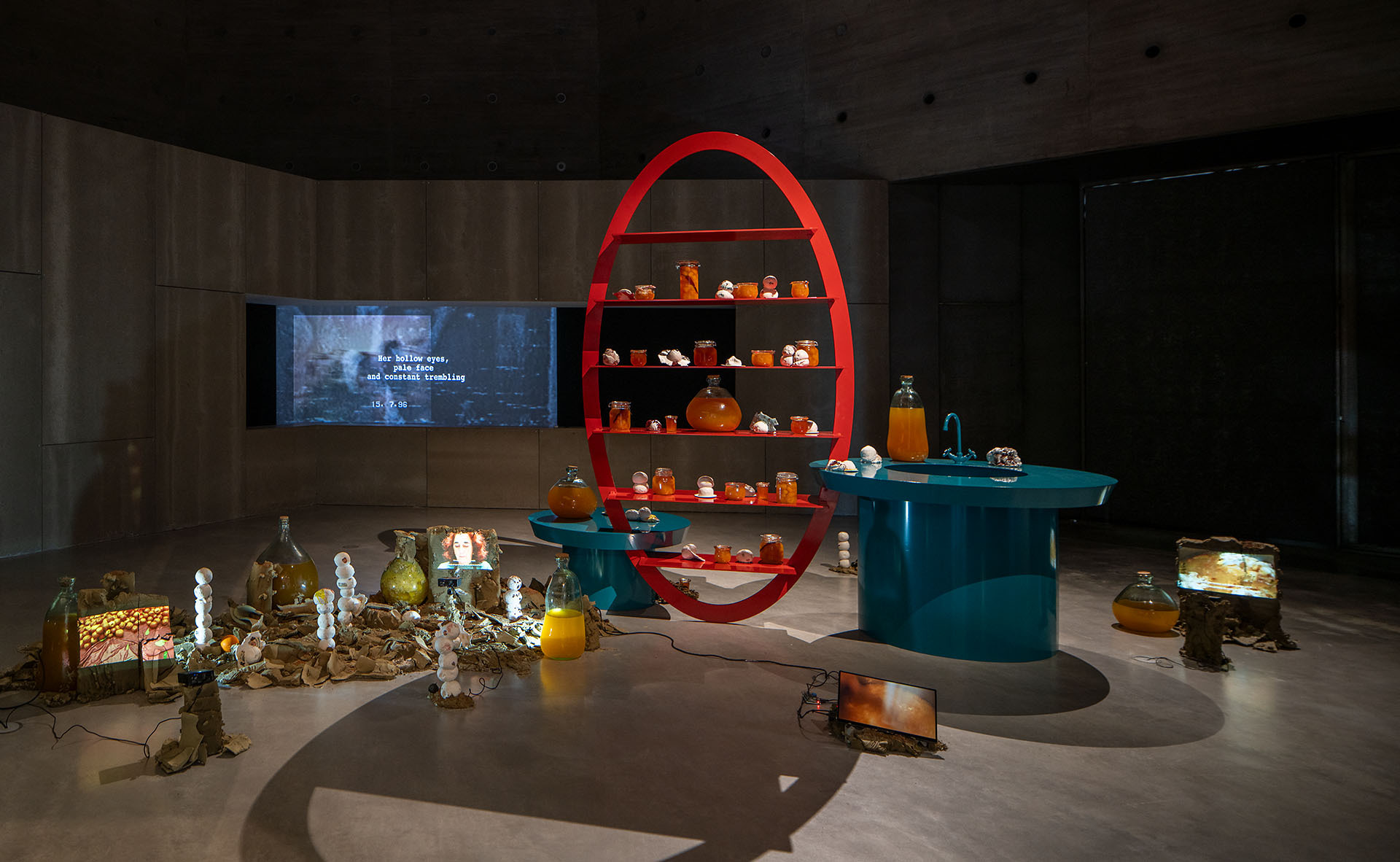
Installation view: The Ecologies of Peace. Works from the TBA21 Collection, Centro de Creación Contemporánea de Andalucía C3A, Córdoba, Spain, 2024. Photo: Imagen Subliminal (Rocio Romero y Miguel de Guzmán).
MIRNA BAMIEH
Installation with ceramic and glass artifacts, a video installation, freshly made marmalades, collage, archival document, and juice concentrates.
Commissioned by TBA21 Thyssen-Bornemisza Art Contemporary
“Asking the wisdom of our forefathers:
How can the ever-verdant orange grove be dragged
To prison, to exile, to a port,
and despite all her travels,
Despite the scent of salt and longing,
Remain evergreen?
I write in my diary:
I love oranges and hate the port
I write further:
On the dock, I stood
watched the world through winter’s eyes.
Only the orange peel is ours, and behind me lay the dessert.”
—Mahmoud Darwish, Lover from Palestine (1966)
Bitter Things is a multimedia installation of a kitchen, which the artist employs to tell stories about oranges, from bitter oranges from the C3As, Centro de Creación Contemporánea de Andalucía, backyard to sweet oranges from the artist’s father’s garden. The storyline moves from ancient times to histories of colonization and occupation and how they all find their way to the artist’s body.
When an orange reaches the kitchen, it becomes a story of light, clay, and fire; infinite glasses of bitter, sour juice concentrate; and jars of sweet, bitter marmalade. Bitter Things is my father’s story of an orange growing in his garden, an orange from Jaffa.
Part of the installation Bitter Things is the 2014 video Interrupted Biographies from 2014. It highlights an almost forgotten period of history when the borders between Palestine and Lebanon were open, a period that made it possible for the artist’s parents to meet and start a family. This work is a visitation to incidents in the artist’s family history, where the ever-shifting possibilities and impossibilities of politics intervene in Lebanese and Palestinian family members’ choices and choices that politics dictated.
A raw clay landscape spills from Bitter Things’ kitchen, expanding beyond it like a shadow. Six videos are staged in different manners on this landscape. The videos look at the traditional Andalusian and Levantine methods of harvesting and processing bitter oranges while intertwining the imagery with tales of wilderness and dispossession. Engulfed in the clay landscape are around twenty ghostlike white ceramic sculptures of Shamouti Jaffa oranges, whispering of a time that has once been.
Through this combination of mediums and techniques, I build a visual-spatial language that expands history into materiality, highlighting the value of the lived and the intimate.
—Text by the artist.
Born in East Jerusalem, Palestine, in 1983. Lives and works in Lisbon, Portugal.
Installation with ceramic and glass artifacts, a video installation, freshly made marmalades, collage, archival document, and juice concentrates.
Commissioned by TBA21 Thyssen-Bornemisza Art Contemporary
“Asking the wisdom of our forefathers:
How can the ever-verdant orange grove be dragged
To prison, to exile, to a port,
and despite all her travels,
Despite the scent of salt and longing,
Remain evergreen?
I write in my diary:
I love oranges and hate the port
I write further:
On the dock, I stood
watched the world through winter’s eyes.
Only the orange peel is ours, and behind me lay the dessert.”
—Mahmoud Darwish, Lover from Palestine (1966)
Bitter Things is a multimedia installation of a kitchen, which the artist employs to tell stories about oranges, from bitter oranges from the C3As, Centro de Creación Contemporánea de Andalucía, backyard to sweet oranges from the artist’s father’s garden. The storyline moves from ancient times to histories of colonization and occupation and how they all find their way to the artist’s body.
When an orange reaches the kitchen, it becomes a story of light, clay, and fire; infinite glasses of bitter, sour juice concentrate; and jars of sweet, bitter marmalade. Bitter Things is my father’s story of an orange growing in his garden, an orange from Jaffa.
Part of the installation Bitter Things is the 2014 video Interrupted Biographies from 2014. It highlights an almost forgotten period of history when the borders between Palestine and Lebanon were open, a period that made it possible for the artist’s parents to meet and start a family. This work is a visitation to incidents in the artist’s family history, where the ever-shifting possibilities and impossibilities of politics intervene in Lebanese and Palestinian family members’ choices and choices that politics dictated.
A raw clay landscape spills from Bitter Things’ kitchen, expanding beyond it like a shadow. Six videos are staged in different manners on this landscape. The videos look at the traditional Andalusian and Levantine methods of harvesting and processing bitter oranges while intertwining the imagery with tales of wilderness and dispossession. Engulfed in the clay landscape are around twenty ghostlike white ceramic sculptures of Shamouti Jaffa oranges, whispering of a time that has once been.
Through this combination of mediums and techniques, I build a visual-spatial language that expands history into materiality, highlighting the value of the lived and the intimate.
—Text by the artist.
Born in East Jerusalem, Palestine, in 1983. Lives and works in Lisbon, Portugal.



